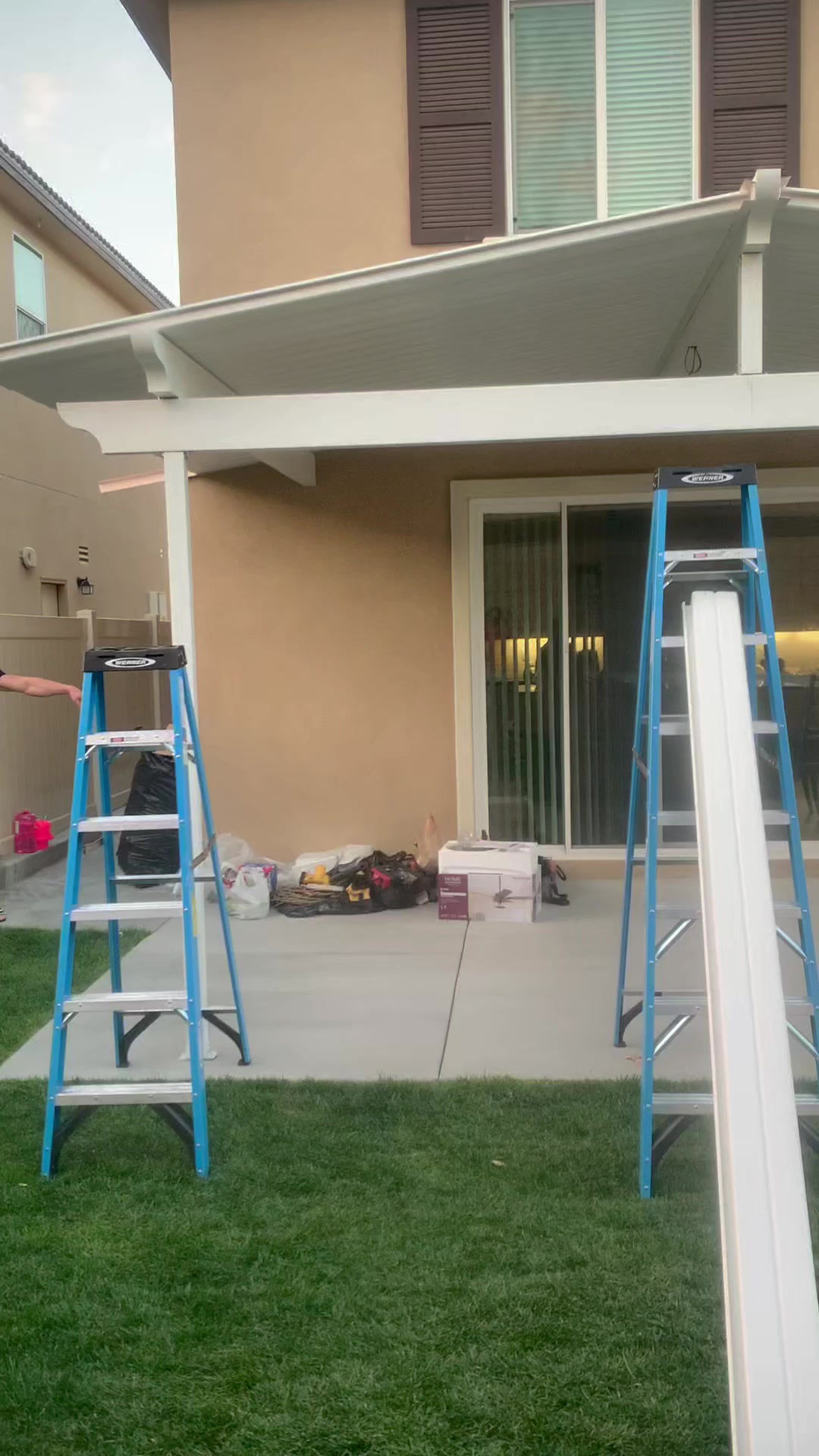Building Bridges: Cultivating a Strong Relationship with Your General Contractor
- inhome renovation
- May 27, 2025
- 2 min read
The hammers are swinging, the walls are going up, and your dream project is taking shape! But amidst the dust and decisions, one crucial element often gets overlooked: the relationship you build with your general contractor. Think of them not just as a service provider, but as a key partner in bringing your vision to life. A strong, collaborative relationship can make all the difference in a smooth, successful, and even enjoyable construction process.
So, how do you cultivate that positive connection?
1. Communication is King (and Queen!): This can't be stressed enough. Establish clear and consistent communication channels from day one. Discuss your preferred methods (phone, email, text, in-person meetings) and agree on a frequency. Be proactive in asking questions and responsive when they reach out. Open dialogue prevents misunderstandings and keeps everyone on the same page.
2. Be Respectful of Their Expertise (and Time): Your contractor is a professional with years of experience. While it's your project, trust their knowledge and advice. Listen to their recommendations and be open to alternative solutions they might propose. Also, be mindful of their time; try to consolidate your questions and concerns rather than sending a flurry of individual messages.
3. Pay on Time and As Agreed: This is a fundamental sign of respect and trust. Timely payments demonstrate that you value their work and their team. Any delays can impact their ability to pay subcontractors and keep the project moving forward, potentially straining the relationship.
4. Be Decisive (and Stick to Decisions): While changes happen, try to be as decisive as possible early on. Frequent and late changes can lead to cost overruns and significant delays, frustrating your contractor and their crew. If a change is necessary, communicate it clearly and understand the implications.
5. Visit the Site Regularly (But Respectfully): Regular site visits are important for you to see progress and ask questions. However, avoid interrupting their workflow. Schedule visits at agreed-upon times and resist the urge to micromanage. Trust your contractor to manage their team effectively.
6. Offer Constructive Feedback (Not Just Complaints): If you have concerns, address them promptly and constructively. Focus on the issue, not the person. Frame your feedback in a way that helps find a solution, rather than simply airing grievances.
7. Celebrate Milestones Together: Acknowledge and appreciate progress! A simple "thank you" for a completed phase or a positive comment on a job well done can go a long way in boosting morale and strengthening the bond.
8. Be Flexible and Understanding: Construction projects rarely go exactly as planned. Unexpected challenges, weather delays, or material shortages can arise. Acknowledge that these things are often out of your contractor's control and approach them with an understanding and collaborative spirit.
By investing in a strong relationship with your general contractor, you're not just ensuring a smoother construction process; you're building a foundation of trust and respect that benefits everyone involved. And when the final nail is hammered and your project is complete, you’ll not only have a beautiful new space but potentially a lasting professional connection.


Comments